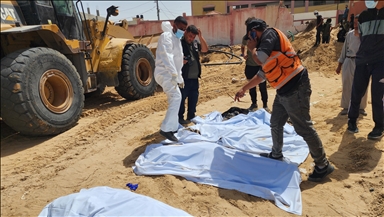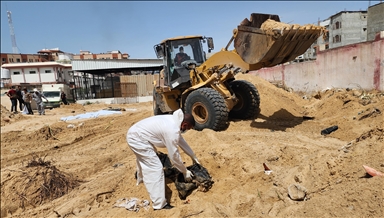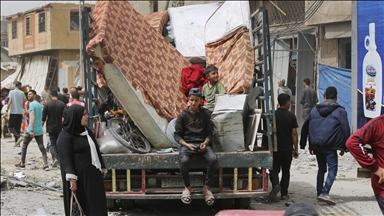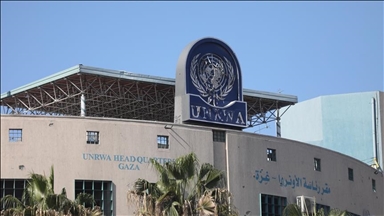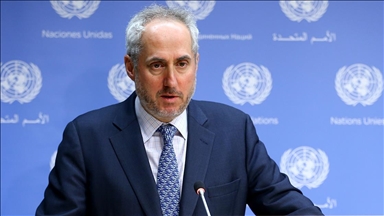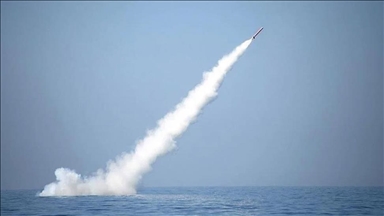Violence against Kashmiri civilians continues: UN
Space for political debate, public participation severely restricted in Indian-administered region, says human rights chief
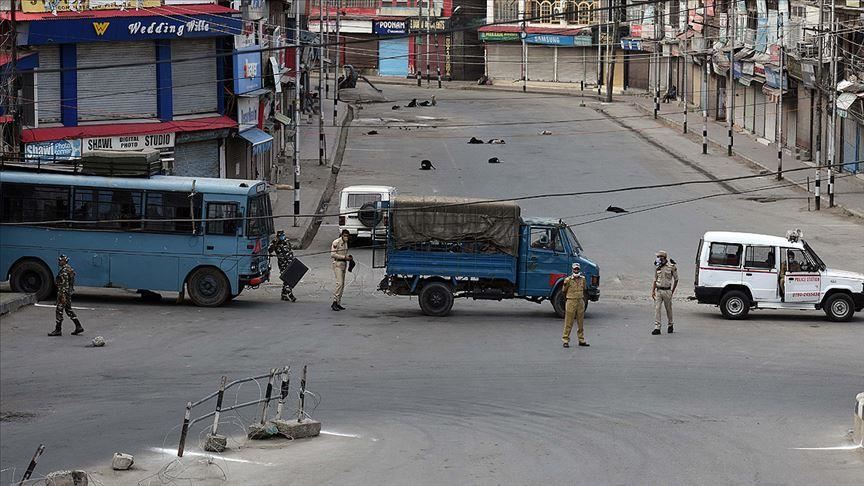
SRINAGAR, Jammu and Kashmir
The UN high commissioner for human rights said on Monday that military and police violence against civilians, which includes the use of pellet guns, has not stopped in Indian-administered Kashmir.
“Pellets" -- tiny pieces of metal shrapnel -- have been used by Indian security forces since 2010 to quell protests.
Their widespread use has led to thousands in the region sustaining serious body and eye injuries. Many have even lost their eyesight.
Michelle Bachelet said changes in the Constitution, and citizenship rules have generated deep anxiety among the people.
“The space for political debate and public participation remains severely restricted, particularly since new media rules have prohibited vaguely defined ‘anti-national reporting,' she said in her global human rights update.
Kashmir, a Muslim-majority Himalayan region, is held by India and Pakistan in parts but claimed by both in full. A small sliver of the region is also held by China.
Since they were partitioned in 1947, the two countries have fought three wars -- in 1948, 1965, and 1971 -- two of them over Kashmir.
Some groups in the valley have been fighting against Indian rule for independence or unification with neighboring Pakistan.
According to several human rights organizations, thousands of people have been killed and tortured in the conflict that flared up in 1989.
Last year on Aug. 5, India scrapped the state's autonomous status, and divided it into two federally ruled territories. To forestall protests, thousands of people, including political leaders, were jailed.
A communications and security lockdown was also enforced, which continues in one form or the other to date.
High-speed internet has been restored only in two of the 20 districts of Jammu and Kashmir. A few journalists were booked under a harsh anti-terror law.
Bachelet said though she welcomed the release of some political and community leaders, hundreds still “remain in arbitrary detention, with many habeas corpus petitions still pending, including those of many of Jammu and Kashmir’s political leaders.”
She said high-speed internet should be restored in the entire region.
Bachelet also referred to "limited Internet access" in Azad Kashmir, which is under Pakistan's administration, in her remarks.
Anadolu Agency website contains only a portion of the news stories offered to subscribers in the AA News Broadcasting System (HAS), and in summarized form. Please contact us for subscription options.


